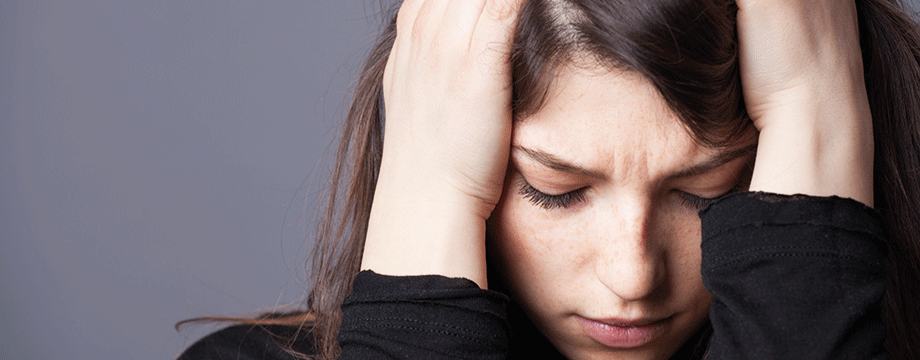Don't be SAD

Frida Harju-Westman offers some tips and advice for combating Seasonal Affective Disorder naturally
As the summer days are becoming shorter and the mornings are getting colder, some of us will experience Seasonal Affective Disorder, also known as SAD. Thought to affect as many as 29 per cent of British adults, with over half saying that their mood worsened in the winter months due to the lack of daylight that they received, this condition can leave us feeling anxious, low on energy and even make us overindulge on carb-heavy comfort foods.
However, certain lifestyle changes can alleviate the symptoms and perk you up when there simply isn’t enough sunshine to get you through the day. When you get less sunlight, one of the vitamins that will help you improve levels of serotonin and make you feel happier, is vitamin D. It also enhances the body’s absorption of other vitamins and minerals such as calcium, iron, magnesium, zinc and phosphate. Vitamin D deficiency can be a result of many different lifestyle factors, whether it’s through your diet or lack of absorption by the body, and lack of exposure to sunlight.
Here are a few foods that provide vitamin D:
- Salmon – This is the top hitter for vitamin D (wild salmon also has high levels of vitamin D than farmed salmon). Just half a fillet of salmon has over 1,000 IU of vitamin D, which is more than the daily-recommended allowance for a person.
- Milk/dairy products – Look for milk or dairy that has been fortified with vitamin D – most types of cow’s milk are. You can also buy yogurts and other dairy products that have been fortified (usually whole milk not semi-skimmed). Ricotta cheese has more than five times the amount of vitamin D as other cheeses.
- Eggs – Two large free-range eggs can hold about one-eighth of your recommended dose of vitamin D and also contain lots of other health benefits.
- Tuna – Tinned fish, such as tuna or sardines, contain over a quarter of the recommended amount of vitamin D.
- Tofu – One fifth of a block of raw tofu has 140 IU of vitamin D.
- Orange juice – One cup of fortified orange juice has more vitamin D than a cup of fortified milk, but make sure to go for a freshly squeezed juice if you can as packaged ones can be full of additives and sugar.
You should always discuss with a doctor whether it is necessary for you to take supplements. Cod liver oil is a good natural source of vitamin D, as is making sure you get enough daylight!
Did you know?
According to the Seasonal Affective Disorder Association, or SADA, (www.sada.org.uk) the symptoms of SAD recur regularly each winter and usually start between September and November, continuing until March or April. Symptoms range from depression, lethargy, poor cognitive function and anxiety to sleep problems, loss of libido, social problems and lowered immunity.
“Light therapy can be a very effective drug-free option for SAD,” says Enid, Taylor, a naturopathic doctor and co-founder of the Taymount Clinic (www.taymount.com). “It simply involves daily exposure to bright light, usually from a light box, which can help compensate for the lack of exposure to sunlight in winter. It helps correct the circadian rhythm and rebalances hormones, such as melatonin and serotonin, disruption of which may be responsible for many of the symptoms of SAD.”
Frida Harju-Westman is the in-house nutritionist at the health and fitness app, Lifesum. Visit www.lifesum.com
Read our article Join the D-list here...
Read previous Your Health articles here...
Read articles from our latest issue here...